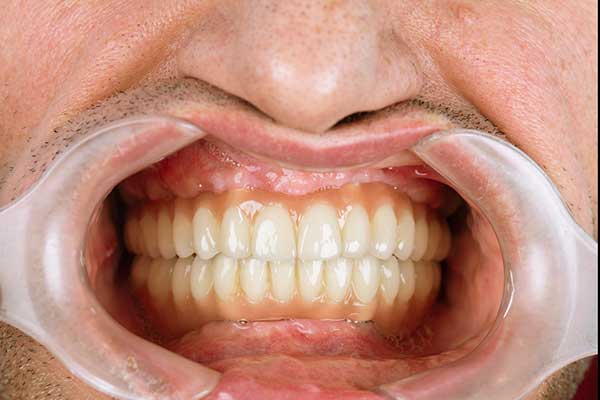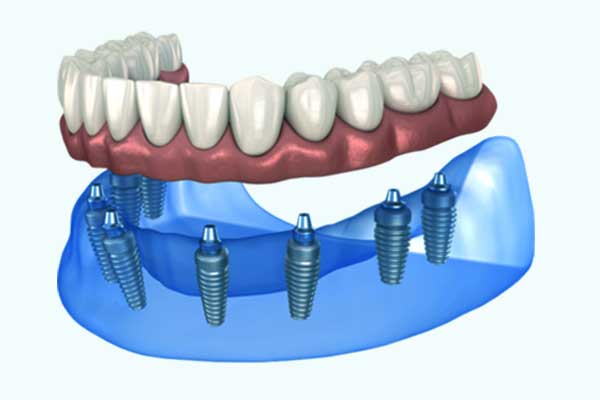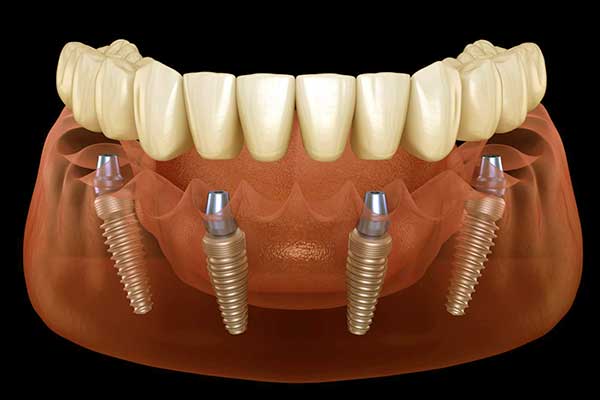Zygomatic Implant Treatment In Turkey
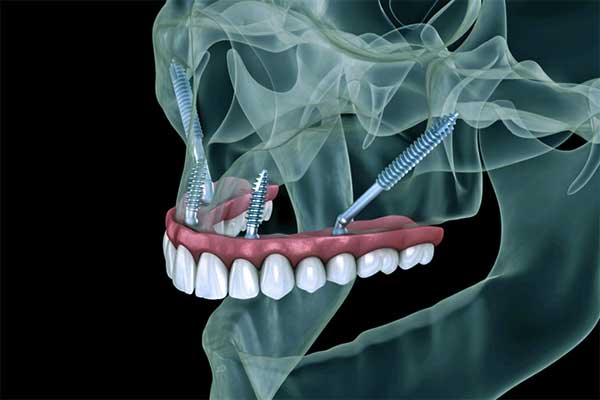
Welcome to our comprehensive guide to zygomatic implants in Turkey. At [Our Clinic Name], we pride ourselves on offering top-notch zygomatic implant treatments to restore your smile and confidence.
In this guide, we’ll delve into the details of zygomatic implants, their benefits, the procedure, and why Turkey is an excellent destination for your dental needs.
Before and After Turkey Teeth Zygomatic Implant Treatment
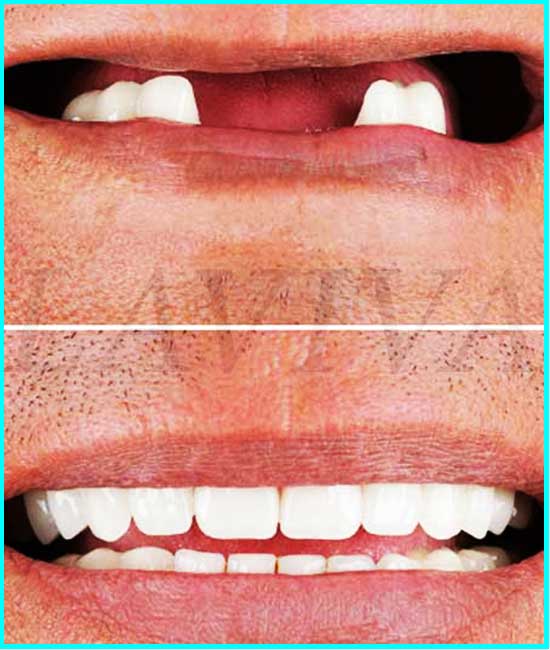
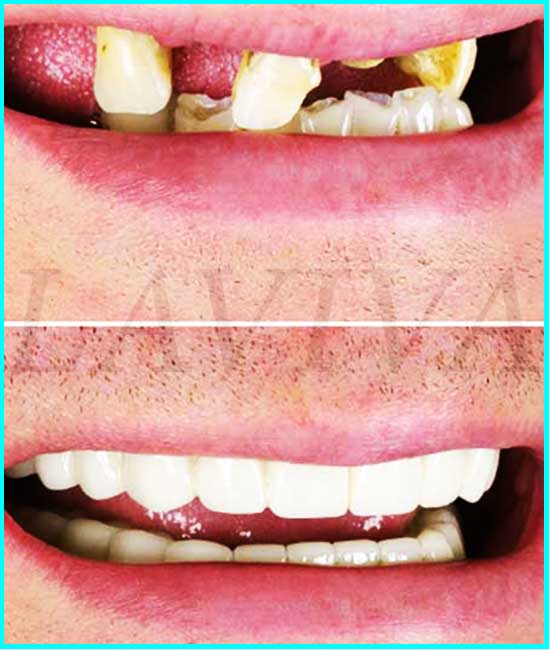
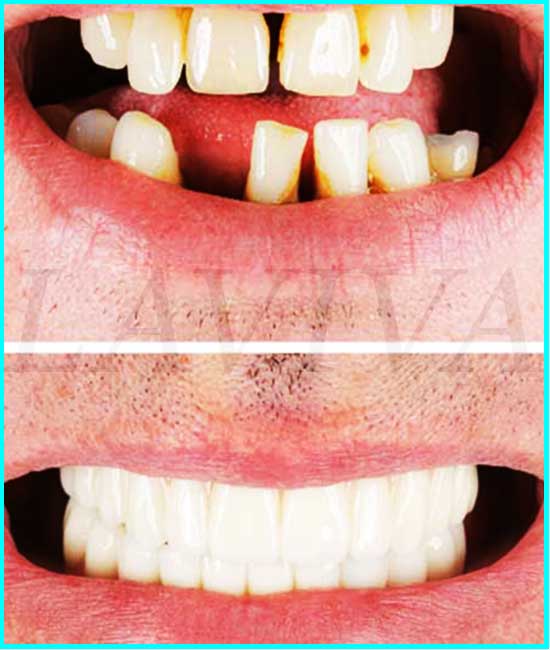
Understanding Zygomatic Implants
Zygomatic implants are an innovative dental solution for individuals with severe bone loss in the upper jaw. Unlike traditional implants that rely on anchoring into the jawbone, zygomatic implants are anchored into the zygomatic bone (cheekbone). This alternative approach bypasses the need for bone grafting, making it an ideal option for those with insufficient jawbone density.
Who Benefits from Zygomatic Implants?
For those curious about who can benefit from implant treatments:
- Zygomatic implants are primarily utilized by individuals who have worn complete dentures for an extended period.
- Over time, prolonged denture use can lead to severe bone loss, rendering traditional implant methods ineffective due to inadequate bone density.
- In such cases, zygomatic implants offer a viable solution for patients experiencing difficulties with removable dentures.
- Additionally, zygomatic implants are suitable for patients who have lost teeth due to various illnesses or conditions.
- They are particularly beneficial for individuals whose jawbone structure is deemed unsuitable for traditional implant placement.
Zygomatic Implants Cost in Turkey
| Treatment | Turkey (EUR) | Europe (EUR) | Savings |
|---|---|---|---|
| All-on-4 | €1,920 | €9,540 | 73% |
| All-on-6 | €2,880 | €12,920 | 70% |
| Zirconium Implants | €2,880 | €10,540 | 66% |
| Full Mouth Reconstruction | €5,280 | €19,200 | 72% |
The Benefits of Zygomatic Implants
1. Immediate Results
Zygomatic implants offer immediate results, allowing you to walk out of our clinic with a restored smile in just one visit.
2. Avoidance of Bone Grafting
Since zygomatic implants utilize the cheekbone for support, there’s no need for bone grafting procedures, reducing both treatment time and discomfort.
3. Enhanced Stability
The anchorage provided by the zygomatic bone ensures enhanced stability, making zygomatic implants a durable and long-lasting solution for tooth replacement.

Why Choose Turkey for Zygomatic Implants?
1. World-Class Dental Facilities
Turkey is renowned for its modern dental clinics equipped with cutting-edge technology and staffed by highly skilled professionals.
2. Cost-Effective Treatment
Compared to many Western countries, zygomatic implant treatment in Turkey is significantly more affordable without compromising quality.
3. Stunning Tourist Destinations
Combine your dental journey with a memorable vacation in Turkey, known for its rich history, vibrant culture, and breathtaking landscapes.
How Zygomatic Implants are Performed
The process of performing zygomatic implants begins with the acquisition of volumetric dental tomographs upon the patient’s initial visit. These scans allow for a thorough assessment of the jawbone structure, determining the distance between the bone and the upper jaw. Based on this evaluation, necessary adjustments are made for the implant placement.
Subsequently, a prosthesis is fabricated to provide the patient with a preview of their post-surgery dental appearance following zygomatic implantation. Once the patient approves the proposed tooth arrangement, the design is transferred to a 3D computer model.
For the surgical procedure, the patient undergoes pre-operative tests and is administered general anesthesia to ensure comfort throughout the operation. The zygomatic implant is then meticulously placed into the upper jaw during a procedure that may span several hours.
Zygomatic implant procedures closely resemble conventional dental implant applications. Typically, zygomatic implant surgeries are conducted under general anesthesia or sedation to facilitate the process and enhance patient comfort. However, in certain cases, local anesthesia may suffice.
The inherent structural integrity of the zygoma (cheekbone) contributes to the high success rates associated with zygomatic implantation, with minimal incidence of implant loss. Success rates comparable to those of traditional dental implants are consistently achieved with zygomatic implants.
It’s important to note that variations in the process may occur depending on factors such as the presence of atrophic structures or invasive infections in the oral cavity. In such instances, the treatment approach may be tailored accordingly to ensure optimal outcomes.
Post-implantation care necessitates diligent attention, akin to the maintenance of natural teeth. Patients are advised to utilize personalized toothbrushes and adhere to regular dental check-ups every six months to a year to monitor implant health and overall oral hygiene.
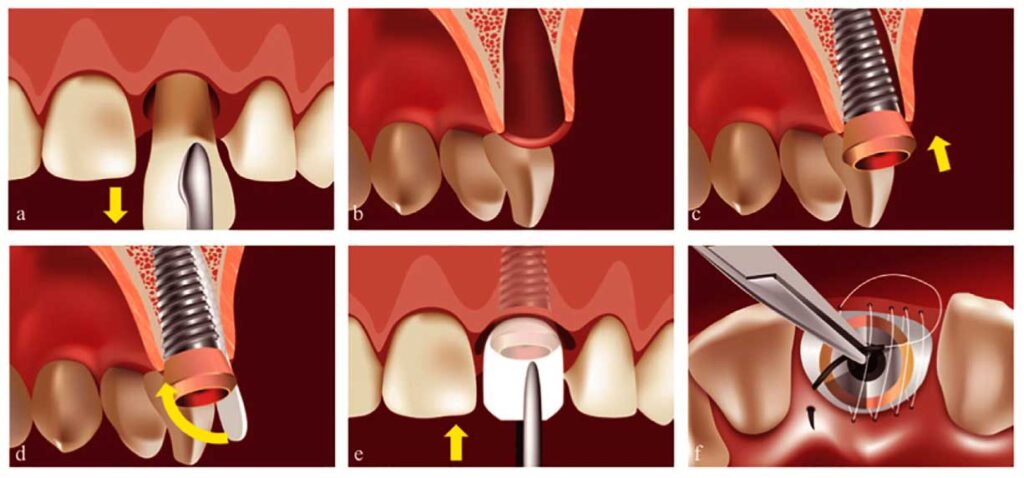
Advantages of Zygomatic Implant Treatment
Zygomatic implants, such as Nobel Biocare, represent a remarkable advancement in dental care, offering numerous advantages over traditional treatment methods.
1. Shortened Treatment Time and Enhanced Success Rate
Ideal for patients with advanced bone resorption, zygomatic implants significantly reduce treatment duration while boasting a higher success rate compared to lengthy bone grafting procedures.
2. Suitable for Complex Cases
Zygomatic implants can be successfully applied to individuals who have undergone extensive maxillary resections due to accidents or conditions like cancer. The procedure is particularly beneficial for patients with compromised maxillary structures.
3. Expedited Prosthetic Placement
Patients undergoing zygomatic implant surgery experience expedited prosthetic placement, minimizing the time required for complete dental restoration compared to conventional implant therapies.
look at our services
Preparation Before Zygomatic Implant Application
Before initiating zygomatic implant placement, thorough evaluation of the patient’s dental films is conducted to assess jawbone quality. The appropriate implant type is selected based on this assessment, ensuring optimal fit and functionality.
1. Importance of Oral Hygiene
Prior to implant insertion, meticulous oral hygiene is essential to minimize the risk of infection. Implant placement is a surgical procedure, emphasizing the criticality of sterilization and cleanliness to mitigate complications.
2. Surgical Procedure
Following tooth extraction, the gums are surgically opened to expose the jawbone. Implants are then meticulously inserted into the designated areas, ensuring proper spacing and alignment. The gums are sutured shut, and a healing period of 1 to 3 months ensues, depending on the implant brand.
Post-Procedure Care
After zygomatic implantation, patients should adhere to strict post-operative care guidelines to facilitate optimal healing and implant integration.
1. Medication and Diet
Patients are advised to take prescribed medications as directed and avoid consuming hot or hard foods during the initial healing phase. A soft diet minimizes stress on the implants, promoting successful osseointegration.
2. Ice Application and Oral Hygiene
To alleviate swelling, patients can apply ice packs to the affected areas for brief intervals. Additionally, stringent oral hygiene practices are paramount to prevent infection and ensure the longevity of the implants.
Zygomatic Implant Treatment Reviews
Sophia Rodriguez
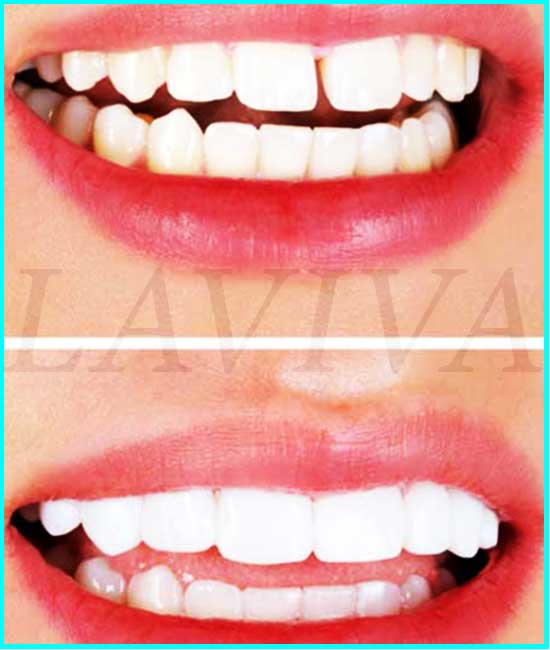
- Country: Spain
- Age: 40
- Profession: Lawyer
- Procedure: Dental Implants
Experience
Sophia traveled to Turkey for dental implant surgery and had an exceptional experience. The dental team at the clinic provided thorough pre-operative assessments and personalized care. Sophia felt confident in the surgeon’s expertise and was impressed by the professionalism of the staff. The dental implants were placed with precision, restoring Sophia’s smile and dental function effectively. She highly recommends the clinic for dental implant procedures.
Rating: ⭐⭐⭐⭐⭐
Daniel Lee
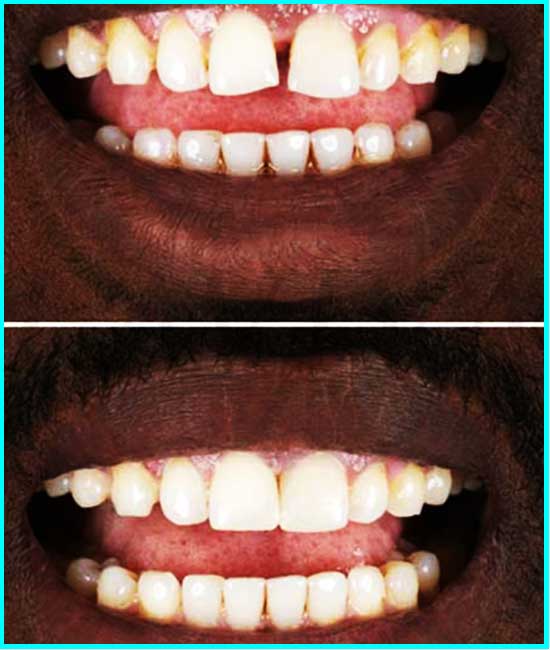
- Country: Australia
- Age: 38
- Profession: Engineer
- Procedure: Gum Disease Treatment
Experience
Daniel underwent gum disease treatment at a dental clinic in Turkey and was extremely satisfied with the care he received. The dental team conducted a thorough assessment of Daniel’s oral health and provided comprehensive treatment for his gum disease. Daniel appreciated the professionalism and expertise of the staff, who ensured his comfort throughout the process. The treatment effectively resolved Daniel’s gum issues, and he highly recommends the clinic for gum disease treatment.
Rating: ⭐⭐⭐⭐⭐
Conclusion
Investing in your dental health with zygomatic implants can significantly improve your quality of life. At [Our Clinic Name], we are committed to providing superior zygomatic implant treatments in Turkey, ensuring our patients achieve healthy, beautiful smiles that last a lifetime. Contact us today to schedule your consultation and take the first step towards a confident, radiant smile.
Frequently Asked Questions About Zygomatic Implant Treatment
How long do zygomatic implants take to heal?
The healing time for zygomatic implants typically ranges from 3 to 6 months. However, individual healing periods may vary based on factors such as overall health, bone quality, and adherence to post-operative care instructions.
What are the problems with zygomatic implants?
While zygomatic implants generally offer high success rates, potential complications may include infection, implant failure, sinus issues, nerve damage, and prosthetic complications. These risks can be minimized through meticulous surgical technique and diligent post-operative care.
What is the success rate of zygomatic implants?
The success rate of zygomatic implants is notably high, typically exceeding 95%. This success rate is comparable to or even higher than that of traditional dental implants, making zygomatic implants a reliable and effective solution for patients with severe bone loss in the upper jaw.
What is the protocol for zygomatic implants?
The protocol for zygomatic implants involves a comprehensive evaluation of the patient’s dental and medical history, followed by volumetric dental tomographs to assess bone quality and quantity. The surgical procedure includes the placement of zygomatic implants into the cheekbone under general anesthesia or sedation. Post-operative care includes adherence to prescribed medications, maintenance of oral hygiene, and regular follow-up visits.
Can zygomatic implants fail?
While zygomatic implants have a high success rate, like any surgical procedure, there is a possibility of failure. Factors such as inadequate bone quality, surgical complications, infection, and poor post-operative care can contribute to implant failure. However, with proper patient selection, meticulous surgical technique, and thorough post-operative care, the risk of failure can be minimized.
Are zygomatic dental implants safe?
Yes, zygomatic dental implants are considered safe when performed by experienced dental professionals in accredited facilities. Comprehensive pre-operative evaluations, adherence to surgical protocols, and diligent post-operative care contribute to the safety and success of zygomatic implant procedures.
How painful are zygomatic implants?
During the procedure, patients are typically under anesthesia, minimizing discomfort. Post-operatively, some discomfort, swelling, and bruising are common, but can be managed with prescribed medications and ice packs. Overall, patients report manageable levels of pain during the recovery period.
Are zygomatic implants more expensive than regular implants?
Zygomatic implants may be more expensive than traditional dental implants due to their specialized nature and additional surgical expertise required. However, the overall cost can vary depending on factors such as geographic location, clinic reputation, and specific treatment needs.
What is a negative about dental implants?
One potential negative aspect of dental implants is the risk of complications such as infection, implant failure, and peri-implantitis (inflammation around the implant). Additionally, dental implant procedures require a surgical intervention, which may not be suitable for all patients, and the process can be time-consuming with a prolonged healing period.

Seize the opportunity today to attain the smile you deserve. Make your dental health a priority now and open the door to a brighter, more confident future.




